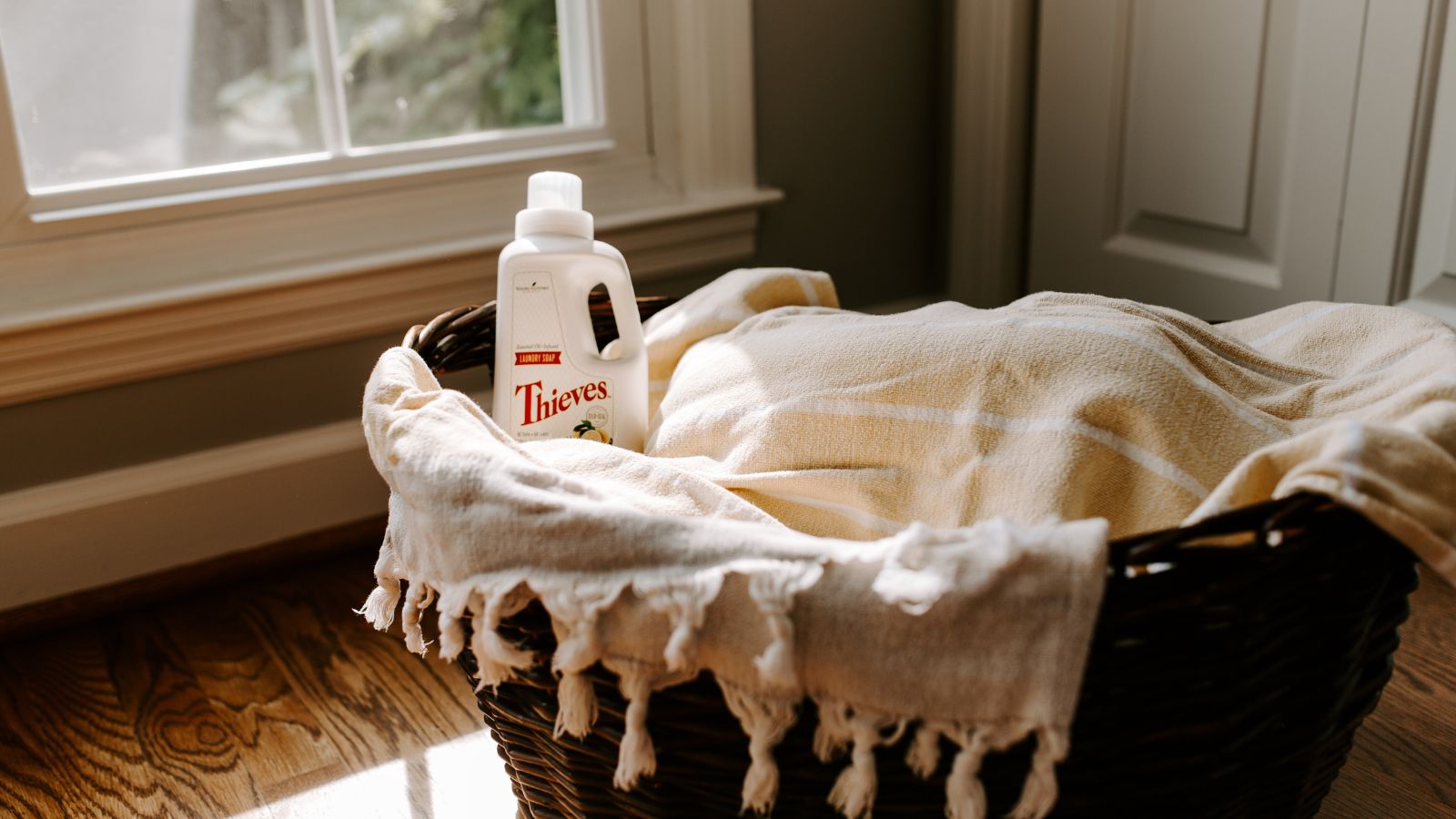
For such a widely used product, fabric softener is one of the least understood of all laundry products. While many of us pop a small amount in every laundry cycle, experts warn this could be damaging both our clothes and our washing machines.
This doesn't mean you have to cut it out altogether, however. It just means working out the times you should never use fabric softener and being strategic with your laundry loads.
Here, cleaning experts explain why it is best to use this ingredient with care when doing laundry.
The 4 times you should never use fabric softener
Understanding how to use fabric softener correctly can be the make or break between scratchy, rough clothes and towels, and buttery smooth linens. It all comes down to which items you use it for, with some materials reacting badly to the film coating softener leaves behind – even after a rinse cycle.
With that in mind, these are the four items to keep as far away from softener as possible, pros say.
1. Towels and microfiber cloths
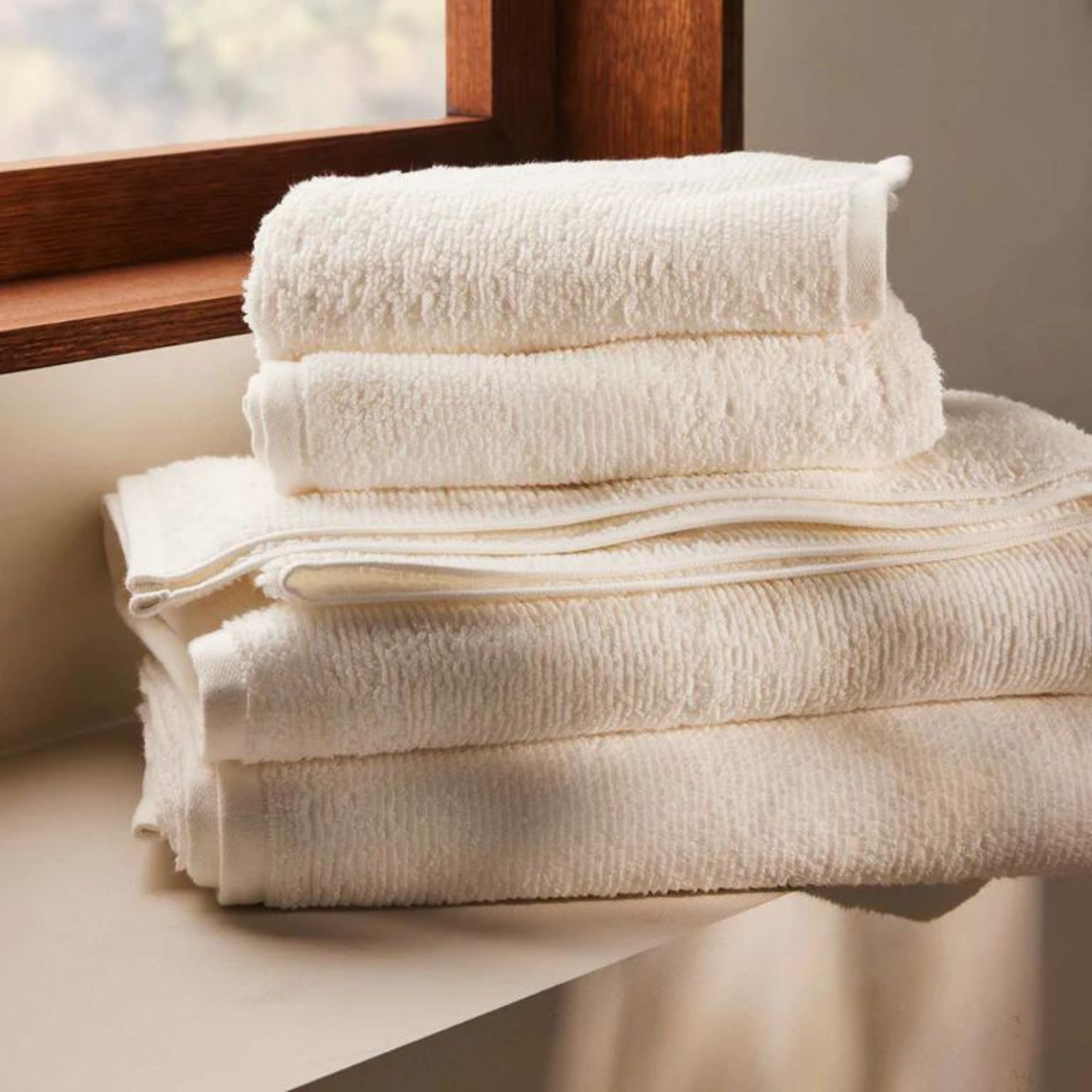
Given that many of us want to make towels soft again when doing laundry, it would make sense to add a product that literally has ‘softener’ in the name, right?
However, Ken Doty, COO and cleaning expert at The Maids explains it could be doing the opposite. ‘The most common instance of fabric softener being used when it shouldn't be is on towels and microfiber cloths. Fabric softeners can create a way of coating the fibers that will reduce the absorbency and drying capabilities.’
Not only does this make your towels and cloths less effective, but it can make them feel rough and scratchy on your skin, too. That is why when washing towels or washing microfiber cloths you should stick to plain detergent, or wash towels with vinegar to soften the materials naturally without leaving behind any residue.
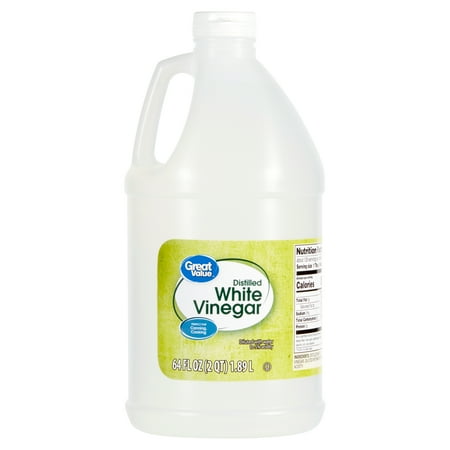
Using vinegar in laundry is a great way to remove tough odors and soften towels without needing harsh chemicals. It can also help to prevent laundry from fading.
2. Gym wear
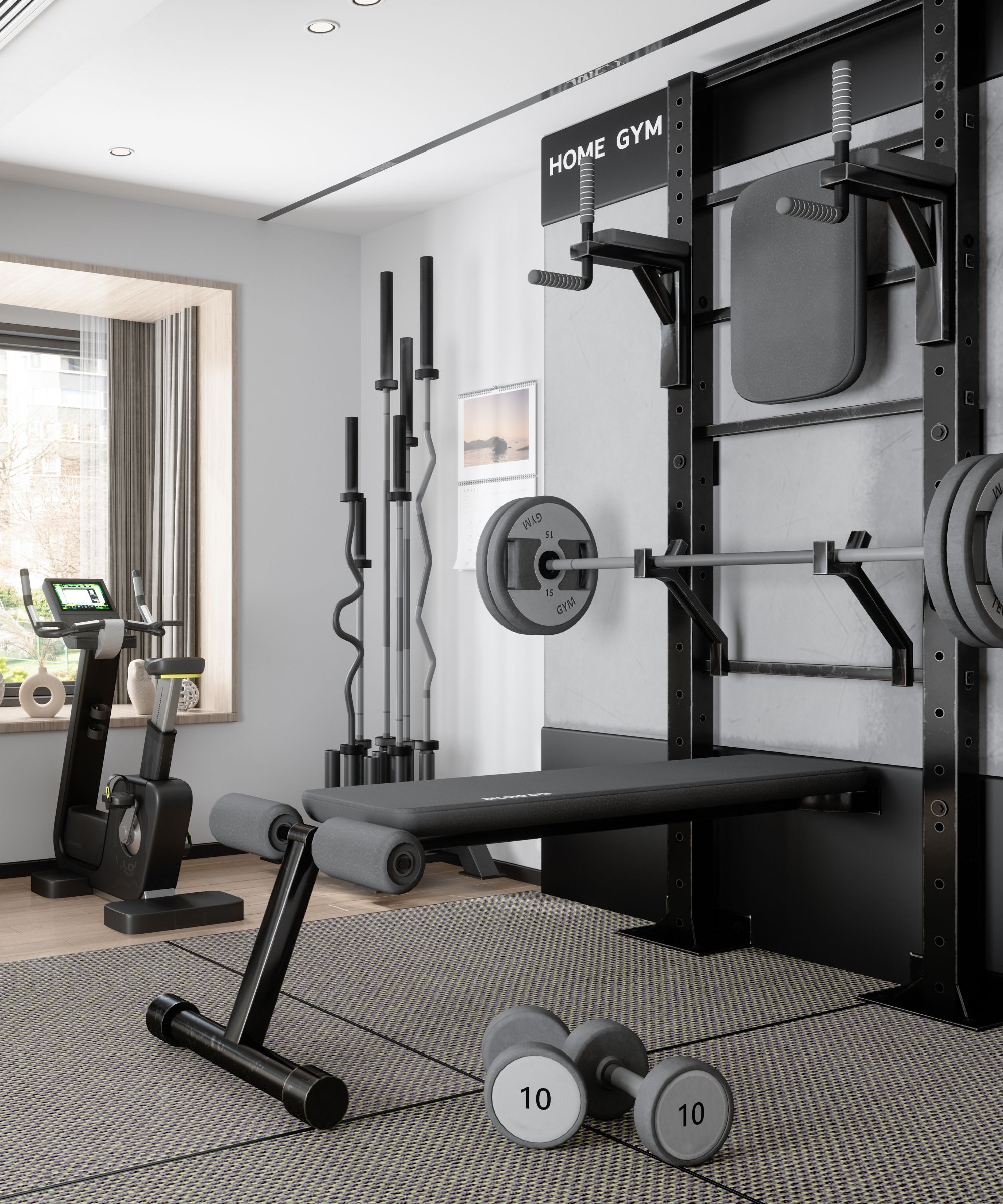
When sorting clothes for laundry, you should separate your gym wear for a laundry cycle free from softener advises Barbara Stern, textiles expert at Ottoman Textiles.
She says, ‘Another example involves sport or gym clothes – especially of the moisture-wicking or stretch variety, as these employ synthetic fibers such as polyester or spandex. Fabric softener clogs the fibers, and by inhibiting their stretch and wicking properties, leaves the gym clothes less breathable and less able to keep you dry during a workout.’
When washing gym wear, wash clothes inside out so the most soiled part of the items comes into contact with the detergent first to kill the odor-causing bacteria. Again, you can use white vinegar in laundry to help make sweaty gym wear smell better without the need for harsh chemicals.
You can pre-soak stinky gym kits in cold water enough to cover the items, with a cup of vinegar for half an hour before washing in your machine without softener. For extra deodorizing power, add quarter cup baking soda, available at Amazon, to your cold soak mix.
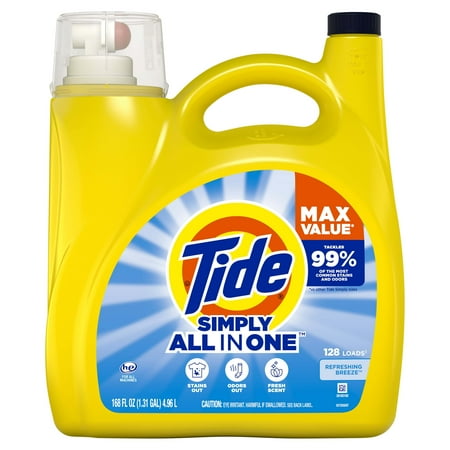
Tide detergent is specially formulated to work on cooler wash temperatures, helping you to beat bacteria and remove stains while saving money on laundry.
3. Flame-retardant clothing

One of the most dire laundry mistakes you are probably making with fabric softener is using it on flame-retardant clothing.
Vanessa Terra Bossart, cleaning expert and owner of Green Terra Cleaning explains, ‘Avoid fabric softener on flame-resistant fabrics, often found in children’s pajamas, as it reduces the effectiveness of the flame-resistant treatment, potentially compromising safety. Choosing eco-friendly laundry habits, like skipping fabric softeners when they aren’t needed, is not only better for the environment but also extends the lifespan and performance of your clothes.’
Head of Solved, Punteha van Terheyden ditched fabric softener in her laundry four years ago for the cost and unnecessary chemicals for her daughter's sensitive skin and hasn't looked back since.
She says, 'Fabric softener was proving to be our laundry downfall, irritating our skin and costing too much. Now, I add a splash of white vinegar or baking soda to tackle laundry odors and our clothes come out smelling supremely fresh and soft. Popping towels in the dyer with dryer balls from Amazon fluffs them up perfectly, too.'
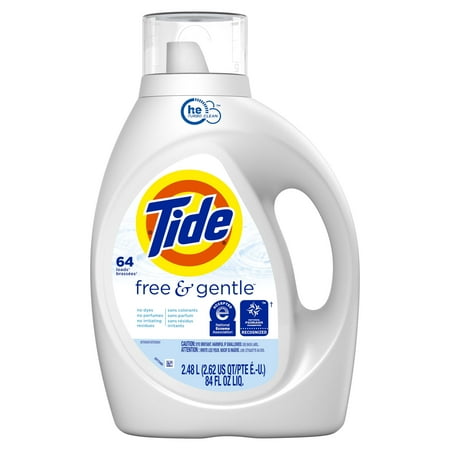
Doing laundry for sensitive skin requires sensitive laundry products. Detergents such as Tide Free & Gentle is free from fragrances and dyes that could irritate soft skin without sacrificing on cleaning power
4. Cloth diapers

Like towels, cloth diapers and washable sanitary wear can be damaged by fabric softeners as it reduces their absorbency.
Will Cotter, COO of HappyCleans explains, ‘Fabric softener might mess with their absorbency and irritate delicate skin. I think it’s better to keep things simple with a gentle, unscented detergent without adding any extra chemicals.’
If you are worried about smell or staining, cleaning with vinegar is, again, your best substitute. Alternatively, you can use baking soda in laundry to help lighten stains without the need for harsh, irritating chemicals.
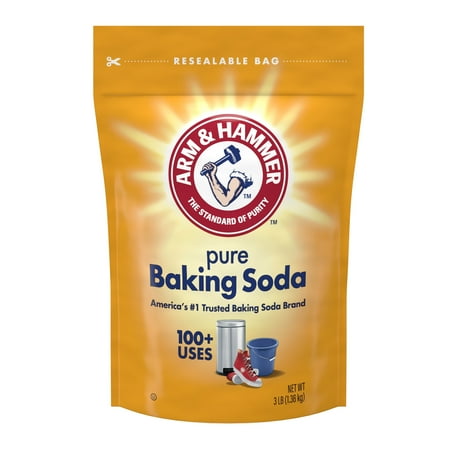
Baking soda is a natural brightener for laundry, helping to make dingy whites white again without having to use bleach in laundry, which could irritate sensitive skin, damage your best washing machine, and is bad for the environment
If you are concerned that cutting down on fabric softener will have an adverse effect on making laundry smell better, there is no need to fret.
While softeners can be a great way to boost fragrance, there are several other tricks, such as using essential oils in laundry that can keep your clothes smelling nice beyond laundry day.







